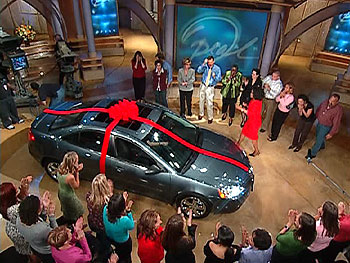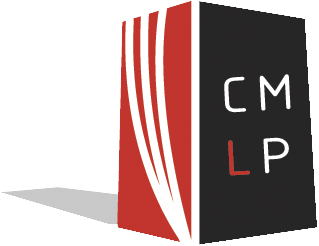 When using Pinterest (and Flickr and YouTube and Facebook
and on and on), what copyright, fair use, trademark and other issues
weigh on building communities and corporate use of fan pages and social media generally?
A hypothetical “Company” has plans for its Pinterest “community”, and
in particular, wonders about these situations:
When using Pinterest (and Flickr and YouTube and Facebook
and on and on), what copyright, fair use, trademark and other issues
weigh on building communities and corporate use of fan pages and social media generally?
A hypothetical “Company” has plans for its Pinterest “community”, and
in particular, wonders about these situations:
- Using Images of Identifiable People
- Fair Use and Images
- Trademarks: When is a “Fair Use” Argument Strongest?
- Why Attribution and Linking to Original Sources is Important
3 introductory questions:
Question #1: Someone used to be a paid Company sponsor or spokesperson. They are no longer. Can the Company continue to post a photo of the old sponsor to Pinterest? Short Answer: If the contract with the sponsor expressly permits it, yes. Ordinarily, the contract would specify engagement for limited time, and that would prohibit rights to use images beyond the contract period. But it really depends on what the contract says.
Question #2: Can the Company post a photo of a fan of the Company? Short Answer: Express consent is required, either through a release or the fan’s agreement (whenever the photo is submitted) to terms of service. Exceptions are discussed below.
Question #3: Can the Company post a photo of a Coca-Cola bottle on its Pinterest page? Short Answer: If the use of the image does not suggest (implicitly or explicitly) endorsement or association, then yes.



 The regulation of commercial speech on social media sites continues to increase. In late March, a federal court in California held that Facebook postings fit within the definition of "commercial electronic mail message" under the Controlling the Assault of Non-Solicited
Pornography and Marketing Act ("CAN-SPAM Act;"
The regulation of commercial speech on social media sites continues to increase. In late March, a federal court in California held that Facebook postings fit within the definition of "commercial electronic mail message" under the Controlling the Assault of Non-Solicited
Pornography and Marketing Act ("CAN-SPAM Act;"  The Federal Trade Commission
The Federal Trade Commission  It could have been a moment right out of
It could have been a moment right out of  As part of our legal guide series on
As part of our legal guide series on 
Description:
On May 6, 2013, New Jersey Governor Chris Christie signed P.L. 2013, c.51 § 12 (Bill A3352) into law, which was to be codified as N.J.S.A. § 2C:13-1O and take effect July 1, 2013. The New Jersey law would criminalize "advertising commercial sexual abuse of a minor," which a person commits if he "knowingly publishes, disseminates, or displays, or causes directly or indirectly, to be published, disseminated, or displayed, any advertisement for a commercial sex act, which is to take place in this State and which includes the depiction of a minor" or "knowingly purchases advertising in this State for a commercial sex act which includes the depiction of a minor." The bill requires a minimum fine of $25,000 for a person convicted of this crime.
On June 26, 2013, Backpage.com, a classified advertising website with a section for adult ads, filed suit in the federal district court of the District of New Jersey against New Jersey Attorney General John Hoffman and prosecutors from each of the state's 21 counties. In the complaint, Backpage.com -- pursuant to 42 U.S.C. § 1983 -- sought a temporary restraining order to enjoin the enforcement of the law, asserting that it violated Section 230 of the Communications Decency Act, the First Amendment, the Fourteenth Amendment, and the Commerce Clause.
Specifically, Backpage.com asserted that:
In the complaint, Backpage.com sought declaratory judgment, preliminary and permanent injunctions against enforcing the law, and attorney's fees.
On June 28, 2013, Hoffman, on behalf of himself and the other defendants, filed a response to the demand for a temporary restraining or that argued Backpage.com's claims could not satisfy the necessary elements for granting such an order. The defendants claimed that the New Jersey provision did not conflict with Section 230, allowing the two to coexist. They argued that because the challenged statute prohibits the advertisement of an illegal transaction -- commercial sex acts with minors -- it was categorically excluded from First Amendment protection. Further, they claimed that the provision was not overbroad because it did not broadly prohibit references to sex, but rather was directed solely at offers to engage in an illegal transaction. The response stated that the public interest in protecting children was "overwhelmingly" in favor of allowing the statute to become effective.
On June 28, 2013, after a hearing on the motion, the court granted a temporary restraining order against the enforcement of the law, stating that the plaintiff had satisfied the necessary elements. On July 8, the court ordered that a similar action, filed on June 26 by Internet Archive against the same defendants, would be consolidated with this case.
An oral argument is scheduled for August 9, 2013.